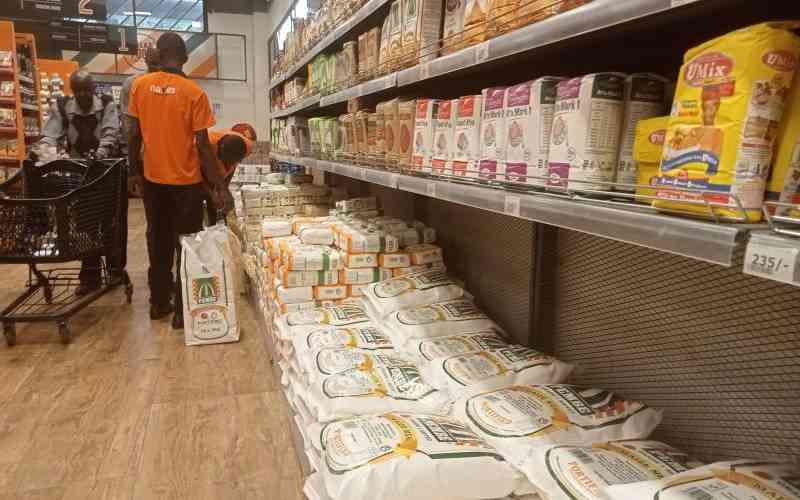×
The Standard e-Paper
Kenya’s Boldest Voice

The magic number that will propel either Deputy President William Ruto or former Prime Minister Raila Odinga to State House is "50 plus one."
Either of the two leading presidential candidates needs to garner more than half of the votes cast on Tuesday.